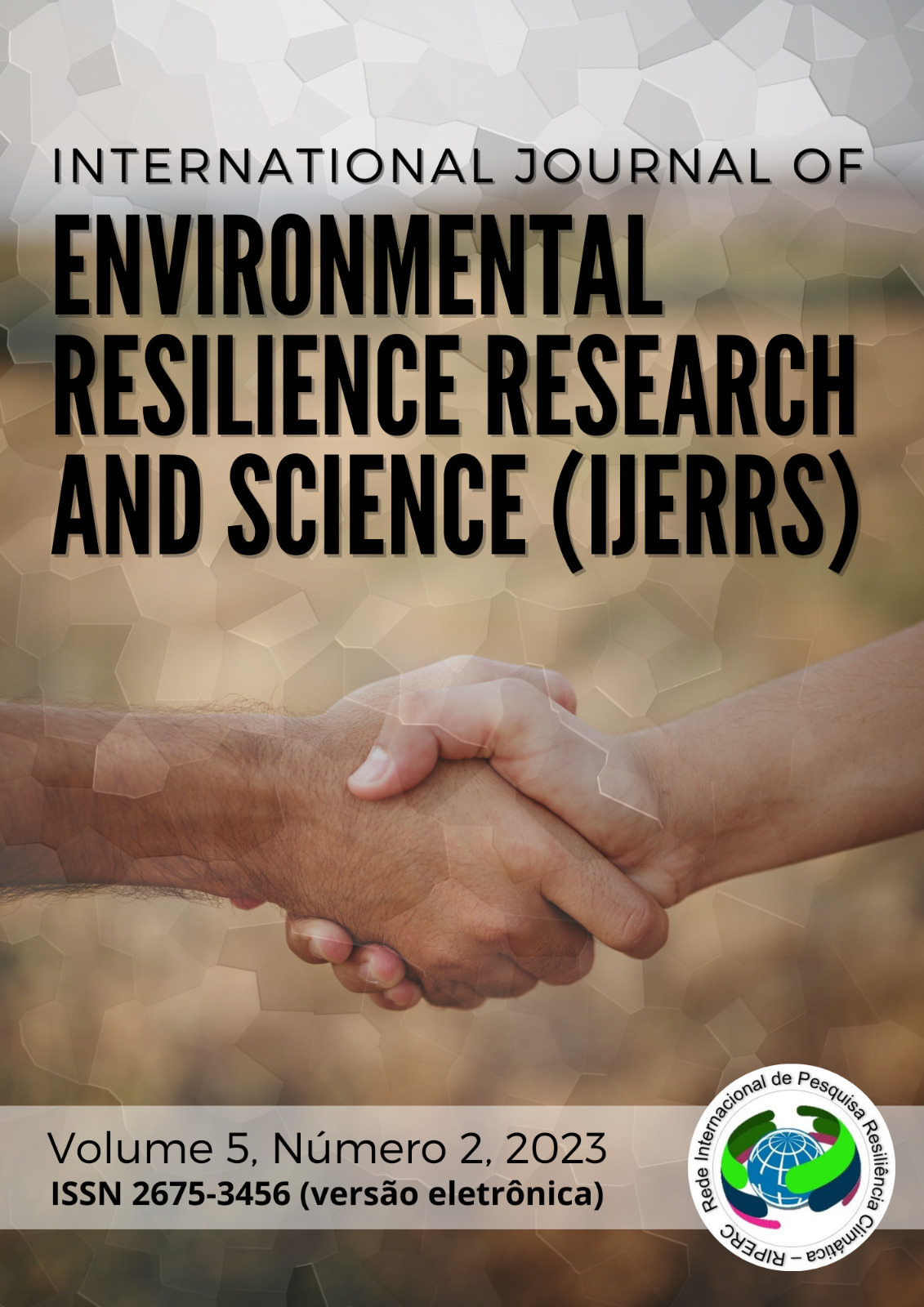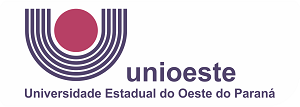Science, Theory, and Ecofeminist Education: The Journey of Vandana Shiva
DOI:
https://doi.org/10.48075/ijerrs.v5i2.32420Abstract
This article aims to analyze the thinking and political action trajectory of Indian activist Vandana Shiva, tracing her academic path, works, and studies for the empowerment of women, nature, and biodiversity. The methodology used was a bibliographic review of articles dealing with the author's thinking and works written by Shiva. One can consider Vandana Shiva's contributions to the strengthening of ecofeminism and environmental activism when the thinker highlights the role that women, traditional peoples, and producers play in a paradigm shift in the face of large corporations that seek profit, control, and power. As autonomous and free subjects, this group knows and can put into practice their knowledge to achieve a more sustainable environment. In this way, Shiva seeks to reconnect humans with life and nature. As part of nature, it is necessary to treat it with care, respect, and cooperation. The author's thinking allows for a broader interpretation in the face of all the situations experienced today: climate crises, monoculture of the mind and seed, the Green Revolution, and reductionist aspects of hegemonic science, integrating critical science and denouncing the socio-environmental injustice perpetrated by capitalist companies and organizations.
Downloads
Published
How to Cite
Issue
Section
License
Copyright (c) 2023 International Journal of Environmental Resilience Research and Science

This work is licensed under a Creative Commons Attribution-NonCommercial-ShareAlike 4.0 International License.
Aviso de Direito Autoral Creative Commons
Política para Periódicos de Acesso Livre
Autores que publicam nesta revista concordam com os seguintes termos:
1. Autores mantém os direitos autorais e concedem à revista o direito de primeira publicação, com o trabalho simultaneamente licenciado sob a Licença Creative Commons Attribution que permite o compartilhamento do trabalho com reconhecimento da autoria e publicação inicial nesta revista.2. Autores têm autorização para assumir contratos adicionais separadamente, para distribuição não-exclusiva da versão do trabalho publicada nesta revista (ex.: publicar em repositório institucional ou como capítulo de livro), com reconhecimento de autoria e publicação inicial nesta revista.
3. Autores têm permissão e são estimulados a publicar e distribuir seu trabalho online (ex.: em repositórios institucionais ou na sua página pessoal) a qualquer ponto antes ou durante o processo editorial, já que isso pode gerar alterações produtivas, bem como aumentar o impacto e a citação do trabalho publicado (Veja O Efeito do Acesso Livre).
Licença Creative Commons
Esta obra está licenciada com uma Licença Creative Commons Atribuição-NãoComercial-CompartilhaIgual 4.0 Internacional, o que permite compartilhar, copiar, distribuir, exibir, reproduzir, a totalidade ou partes desde que não tenha objetivo comercial e sejam citados os autores e a fonte.









